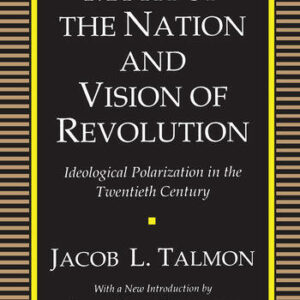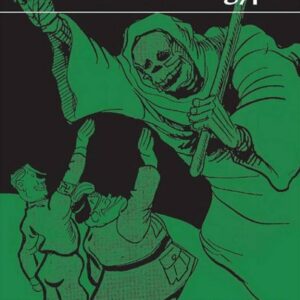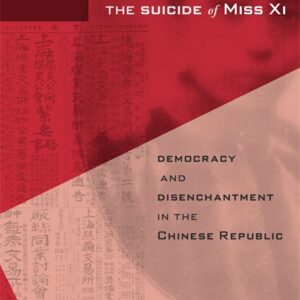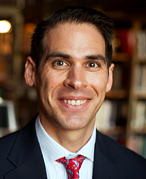
The Myth of the Nation and the Vision of Revolution: The Origins of Ideological Polarisation in the Twentieth Century
By J. L. Talmon (NHC Fellow, 1978–79; 1979–80) In what may well rank as the finest political and intellectual history of the twentieth century, the late J. L. Talmon explores the origins of the schism within European society between the totalitarians of Right and Left as well as the split between an acceptance of the … Continued



